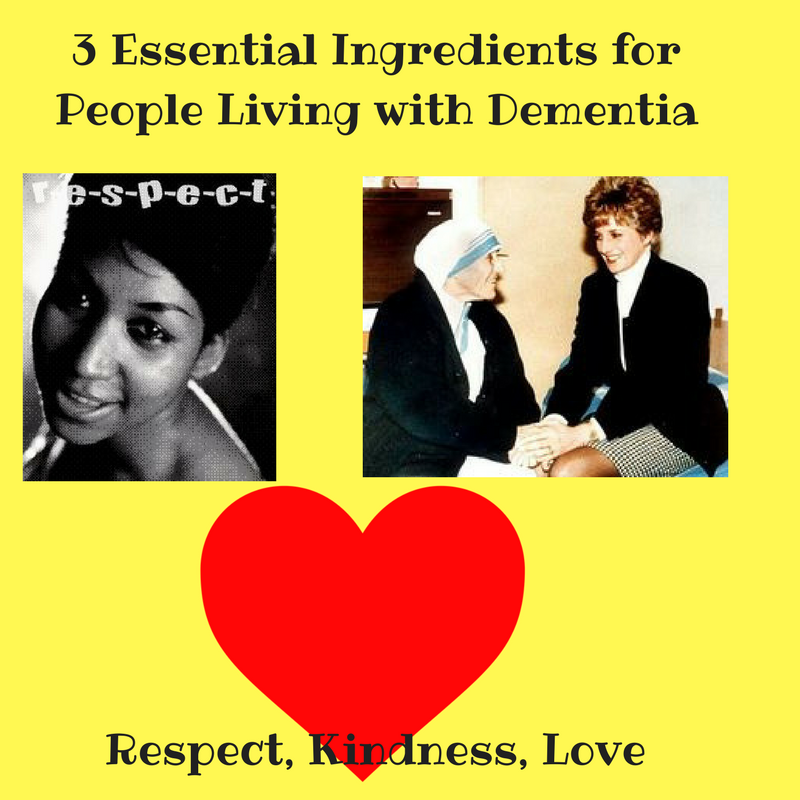(26 Feb 2017)
Does An Explanation Matter?
“Sad!”
“Make America Great Again”
“FAKE NEWS!”
“Very dishonest!”
“SO DANGEROUS!”
A quick scroll of the Twitter account @realdonaldtrump (February 11-25, 2017) yielded these to-the-point pronouncements contained in a variety of tweets.
You needn’t bother with Twitter to easily recollect Trump’s most memorable catchphrases, so embedded are they in our consciousness by now.
It’s a stark contrast to Secretary Clinton’s detailed, policy wonkish 10-point plans for seemingly everything under the sun, right?
No matter which side you were rooting for, concise communication will always have a leg up: it’s easy to remember, and easy to repeat.
Personally, I’m a fan of longform journalism, of details, of explanations, of stories. I’ve often joked that my first word was “Why?” and I’m sure it’ll be my last; that always wanting to know why and digging into the details is what makes me good at my job.
When I’m consulting, the first thing I want to know is why: Why is this behavior happening? Why are you handling it this particular way? Why is this a problem? Why now? Why, why, why?
The most frustrating and discouraging situations I encounter are when people (be they professionals or family members) are doing something that just doesn’t work. It’s frustrating and discouraging for the people doing it, and most assuredly for the people living with dementia on the receiving end.
After asking “Why?” my go-to move is explaining why what they’re doing isn’t getting the results they desire, to explain what will get the results, and then explain why the new approach will work.
That’s a lot of explaining. Maybe less explaining and more Twitter-worthy catchphrases would be more effective?
Would you prefer a 10-page guide on dementia and driving with a how-to plan on dealing with it, or a more concise “Dementia + driving: SO DANGEROUS!” explanation?
Does hearing a story about a topic help you remember the salient points? Does it depend on the particular circumstance?
My personal preferences aside, the main point–the only point–of doing what I do is to make your life and your loved one’s life better.
So if short + simple = WINNING! for you, be sure to check out my Quick Tips on Instagram.
Here’s the most important thing I know: respect, kindness, and love are the three essential ingredients for people living with dementia.
Let me know what you think!

